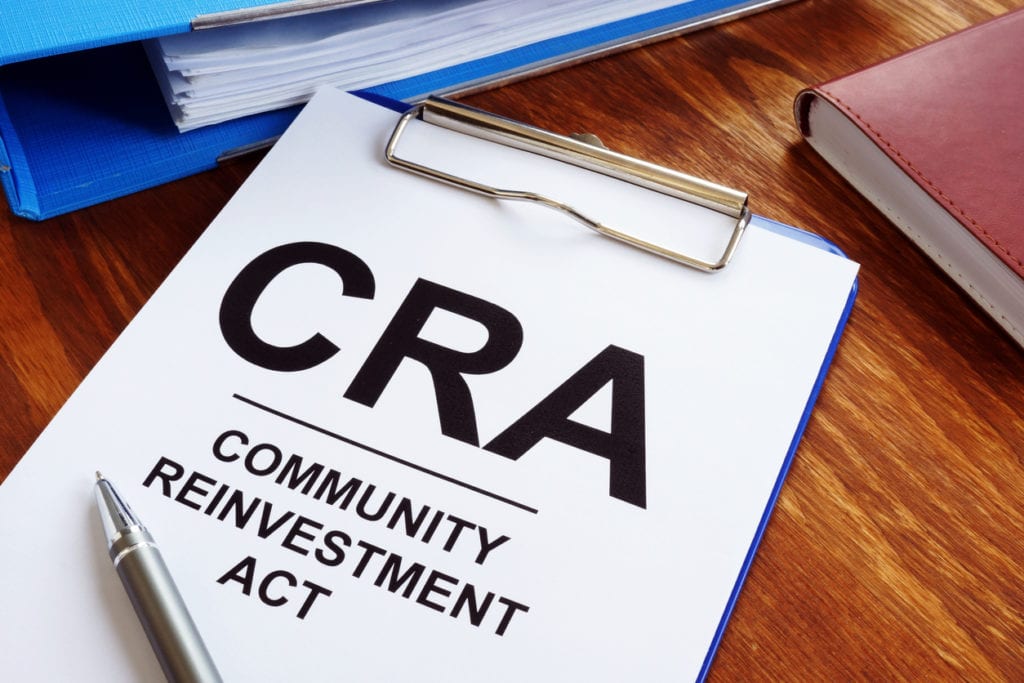
Providing the Insight and Clarity on ATR-QM Rules' Impact on Your Consumer Protection Strategy.
We provide advice to help your team originate loans in ways that comply with the latest ATR/QM rule.
Documenting applicants' ability to pay may seem straightforward. But sometimes, it can be challenging to fit real-life scenarios into a regulatory box.
The TCA team understands these challenges, the complex rules for validating and documenting ATR, and the new requirements for originating QM loans.
As a result, we can show you how to minimize your ATR/QM risk when originating mortgage loans.
We start by getting a complete picture of your operations to understand the QM and non-QM loans you offer and the business strategy behind that product mix.
We review your policies, procedures, and training during our exam and recommend modifications to create a more airtight compliance strategy.
For example, we scrutinize your underwriting practices, ensuring that you're considering all eight key factors, such as a prospective borrower's income and assets, debt-to-income ratio, and credit history, when determining someone's ability to repay a mortgage.
We also check that you're correctly using third-party records to verify borrowers' information and whether you're documenting your process sufficiently.
Through our exploration, your vulnerabilities become apparent, and whether your overall ATR/QM risk strategy is appropriate for your bank's size, location, and goals. Additionally, we also suggest improvements to help you address consumer protection laws.
Our review also entails the following:
- Checking whether you have a consistent way of calculating DTI ratios
- Determining how you preserve and track loan documentation for the required three years.
- Evaluating the effectiveness of your training and how you're keeping loan officers, loan processors, and board management up to date on the newest ATR/QM wrinkles.
- Assessing whether your monitoring schedule is sufficient
Our exam will give you confidence that you're complying with the letter of the law, ensuring that your policies and procedures illustrate that you're taking appropriate steps to determine borrowers' ability to repay a mortgage.
You can count on TCA's A Better Way to help you adhere to ATR/QM rules and reduce your risk.
Key deliverables include:
- Advising you on ways to revamp your policies and procedures to minimize your risk
- Validating that you’ve accurately documented your borrower’s Ability to Repay.
- Ensuring you have followed new Price-Based rules when originating Qualified Mortgages.
- Recommending and developing training and educational resources.
Additional Compliance Topics
FDIC Name Change – Updated
On August 8, 2022 in the Federal Register (and a correction on August 12) the FDIC reported they had renamed the Consumer Response Center to the “National Center for Consumer and Depositor Assistance”. This Division is referenced in the Fair Housing regulation at 12 CFR 338 and in the Consumer Protection in Sales of Insurance […]
Regulatory Updates – Fourth Quarter 2022
Below is a link to the Regulatory Updates as of the end of Q4. TCA provides A Better Way for you to track Compliance updates and keep your organization on track. You can download the updates in a PDF form here. As always, TCA is here to help with A Better Way to answer all […]
HMDA News and Census Tract Updates
Breaking News!! This week the OCC, FRB and FDIC announced their stance on HMDA reporting for institutions thrown back into HMDA reporting due to the recent Court decision to roll back the closed-end mortgage reporting threshold from 100 back to 25. All three regulators are taking the same stance as the CFPB and have stated […]
CRA Asset-size Thresholds Announced for 2023
The annual CRA asset-size thresholds for covered financial institutions were announced December 19, 2022 by the FDIC and FRB and on December 28 by the OCC applicable for 2023. The cutoff adjustments are based on the change in the CPI (Consumer Price Index) for each 12-month period ending in November, rounded to the nearest million. […]
HMDA and HPML Thresholds Bumped Up for 2023
On December 28, 2022, the Consumer Financial Protection Bureau (CFPB) amended the Home Mortgage Disclosure Act (Regulation C) and the Truth in Lending Act (Regulation Z), adjusting the asset-size exemption thresholds for banks, savings associations, and credit unions. Like the CRA thresholds, the adjustments are pegged to the annual percentage increase in the Consumer Price […]
New Threshold Amounts for 2023 under Regulation Z CARD Act, HOEPA and QM Sections
Based on the 8.9% increase in the Consumer Price Index (CPI-W) in effect on June 1, 2022, the Consumer Financial Protection Bureau (CFPB) released a number of new thresholds which go into effect on January 1, 2023. They include: Additionally, these changes affected the HOEPA threshold amounts found under 1026.32 based on the 8.3% increase […]











